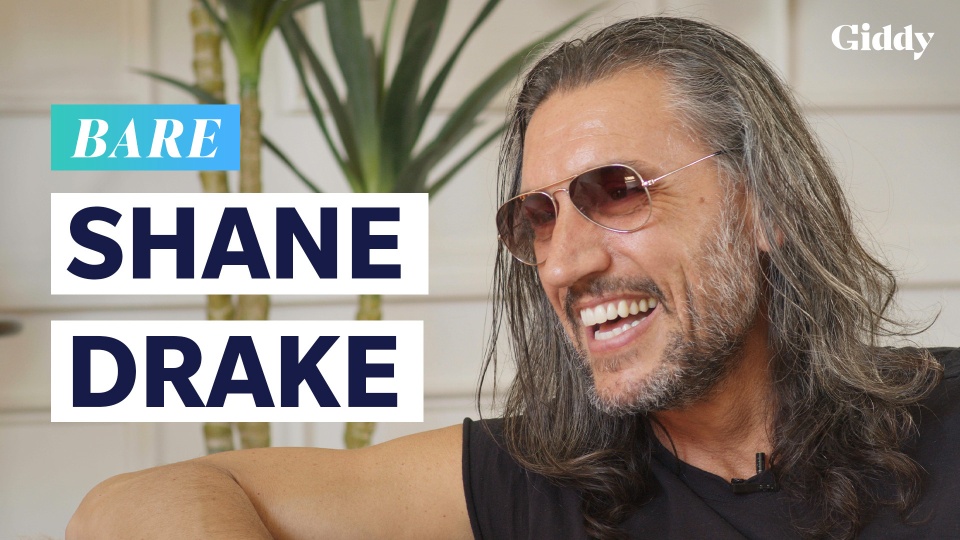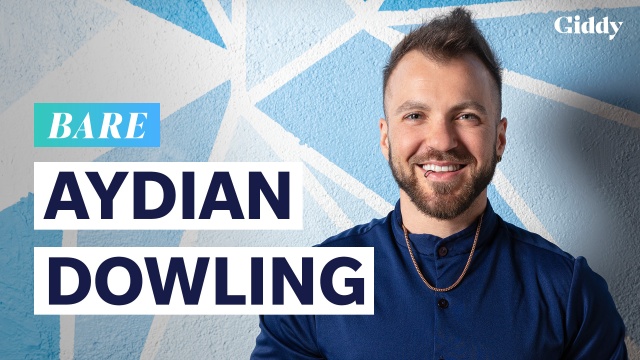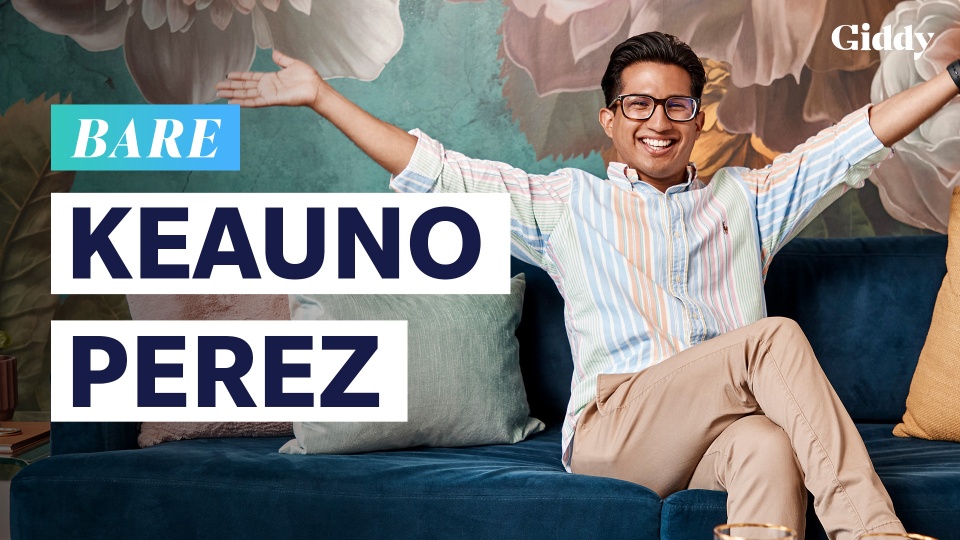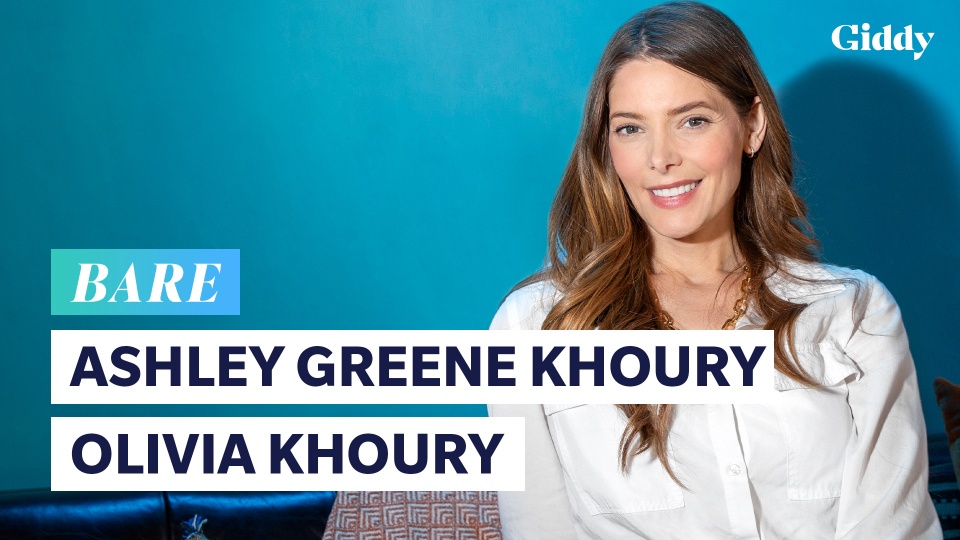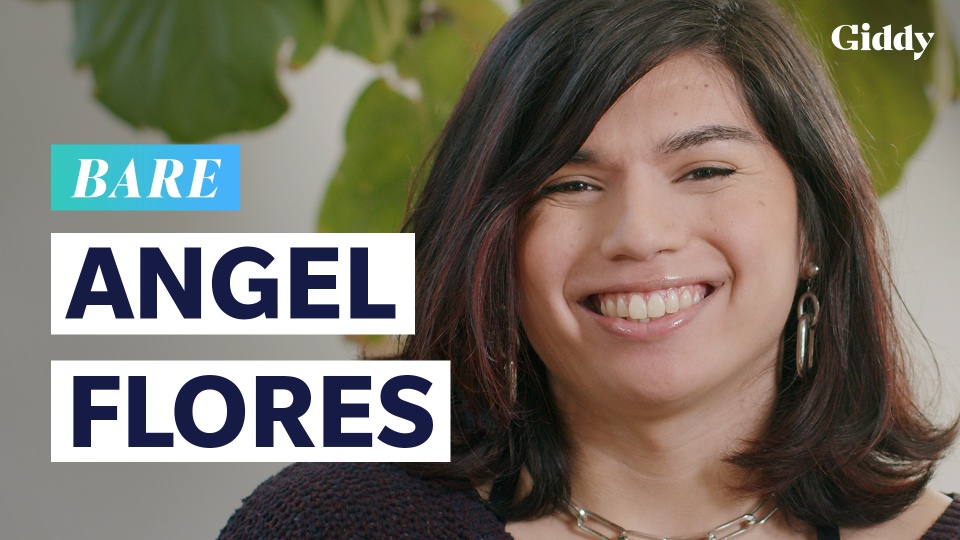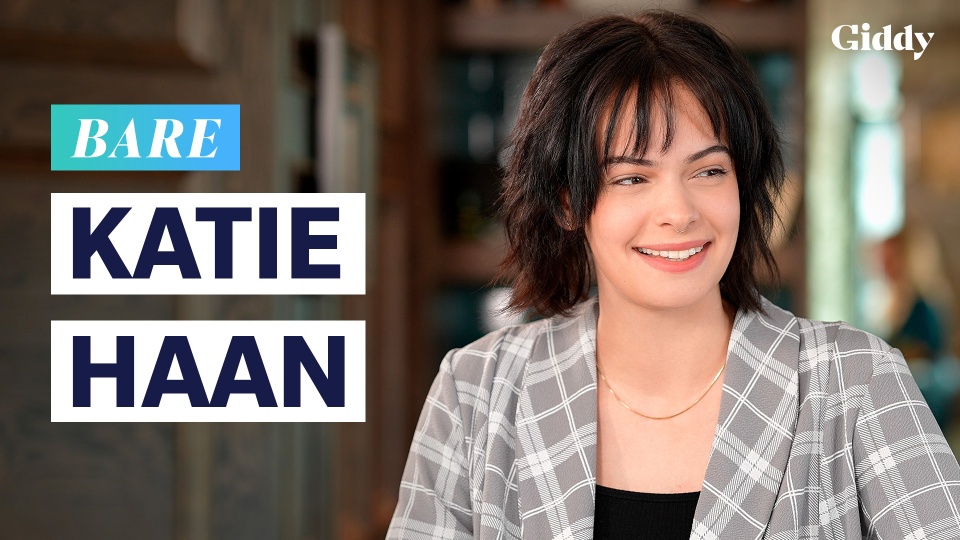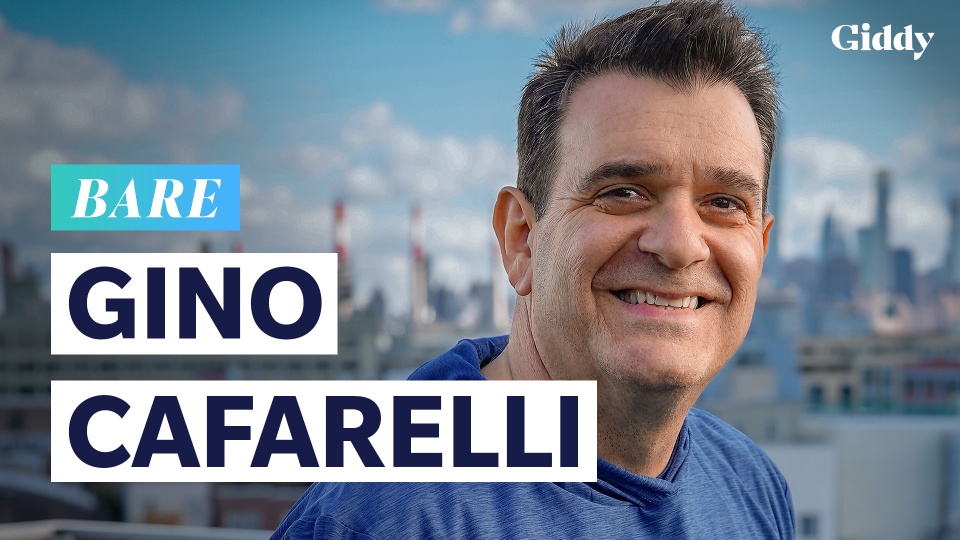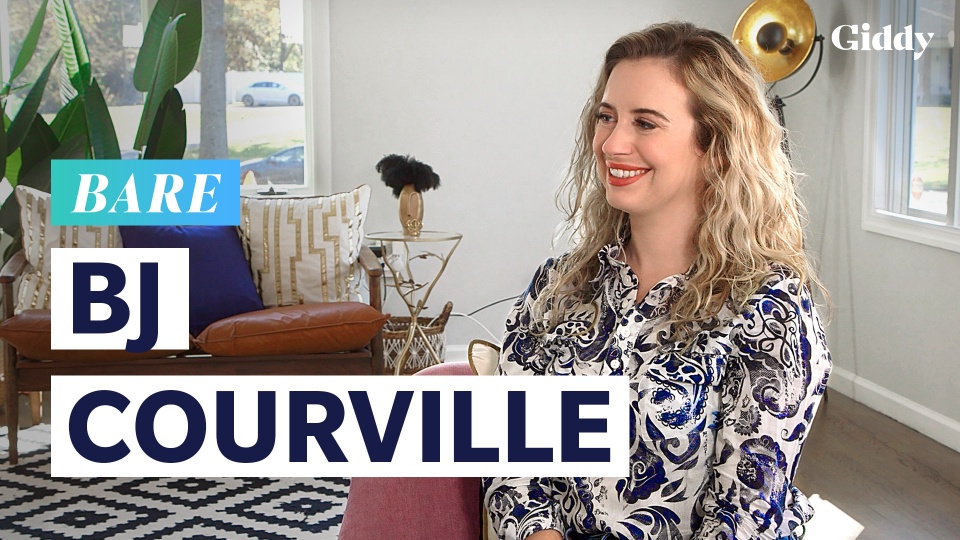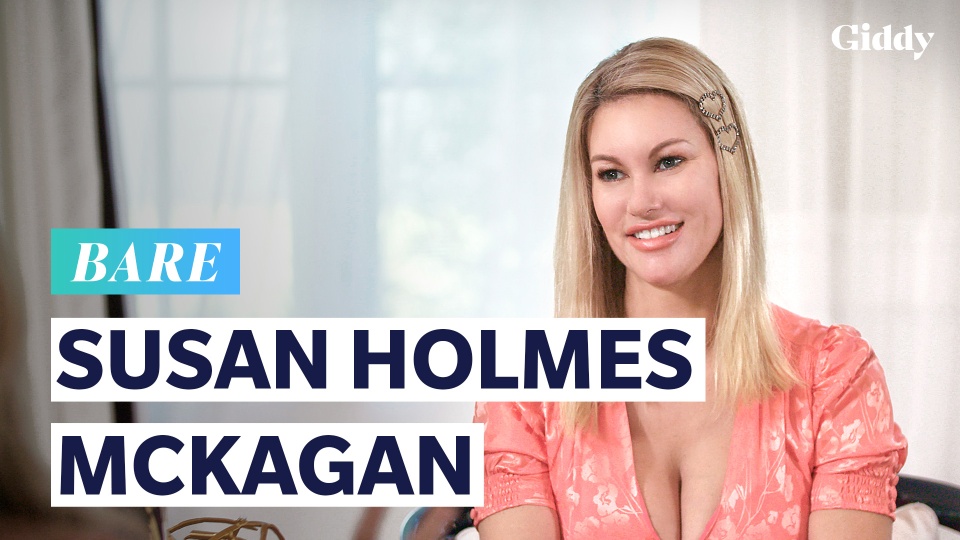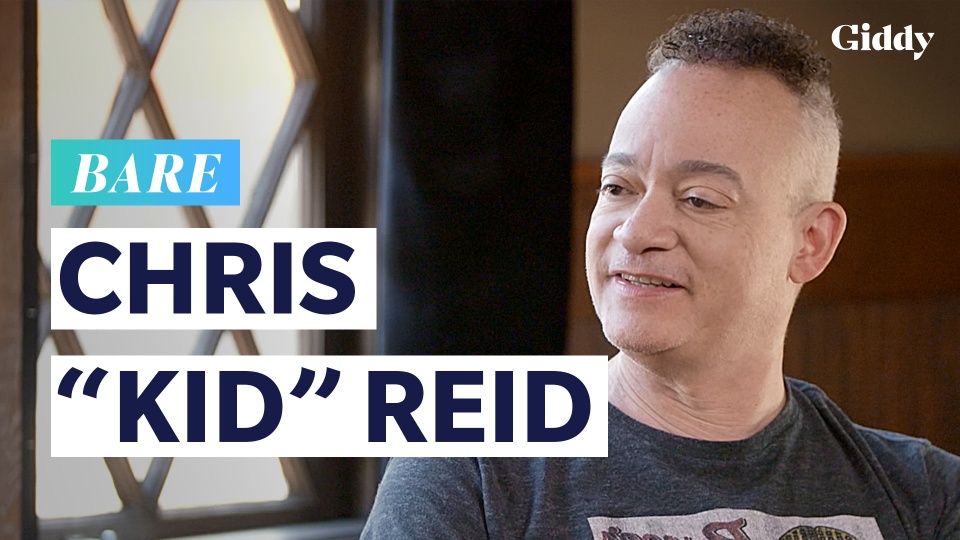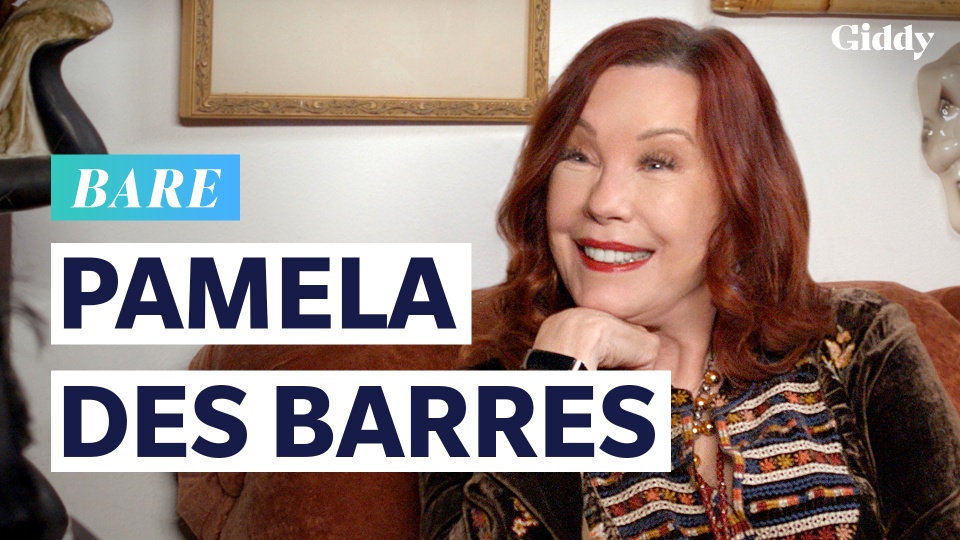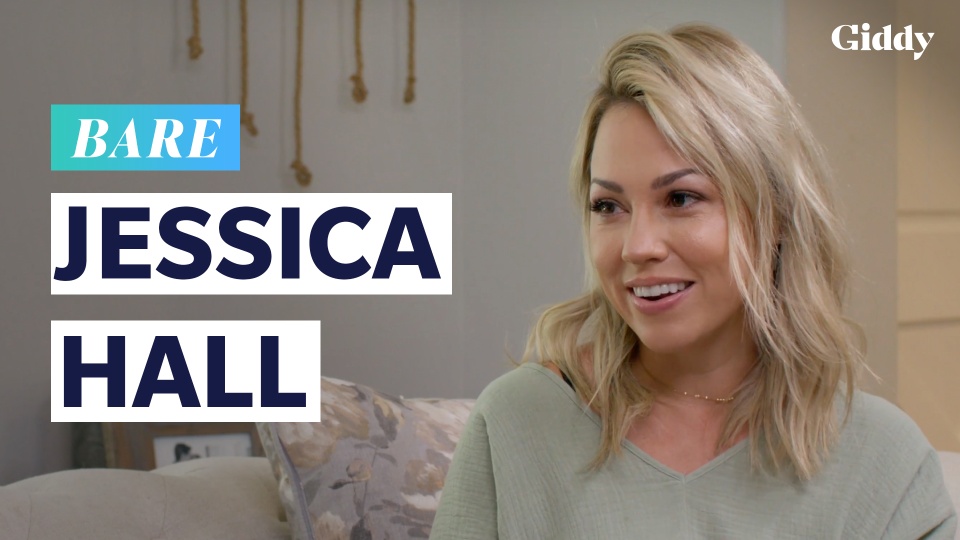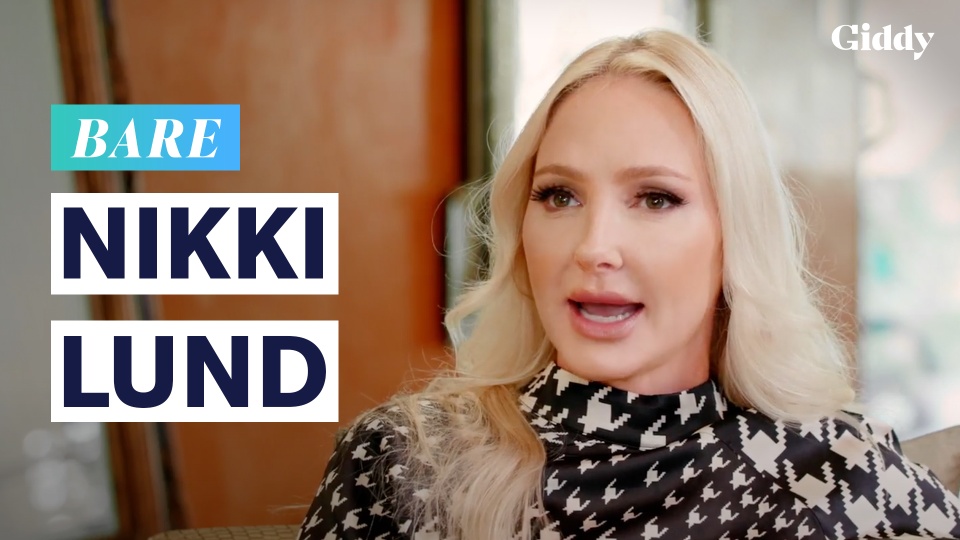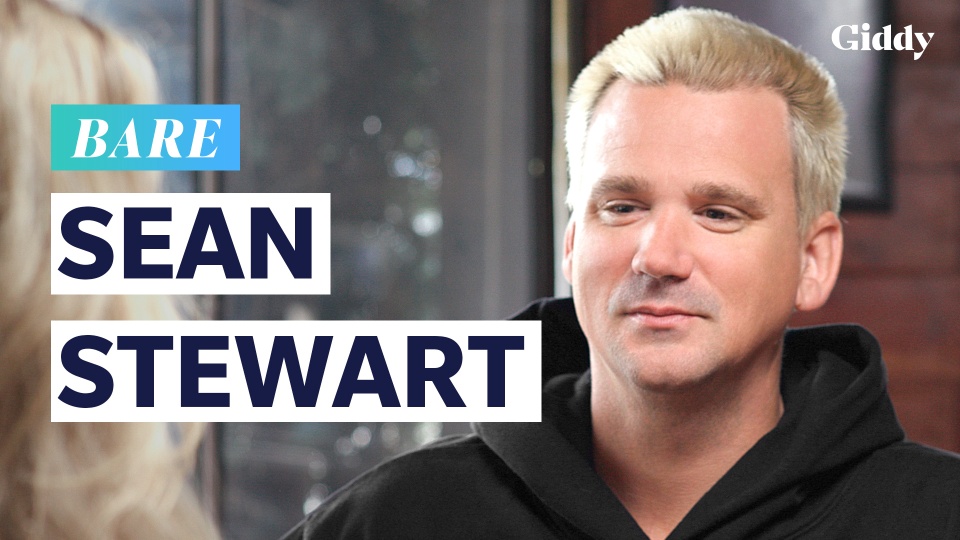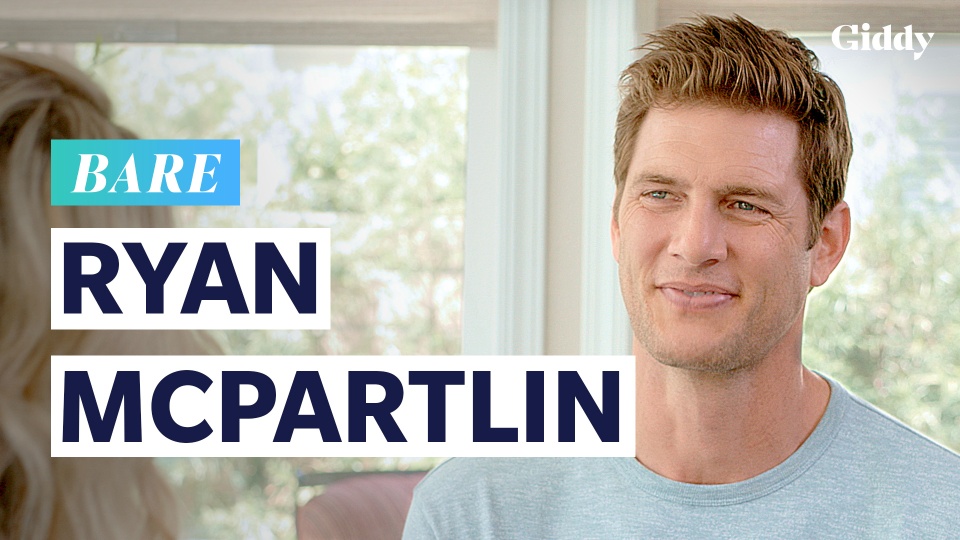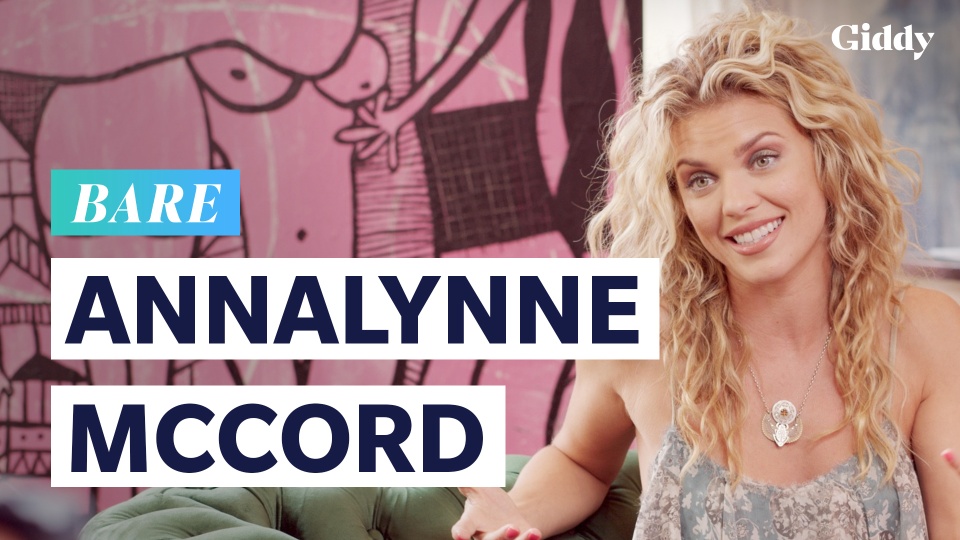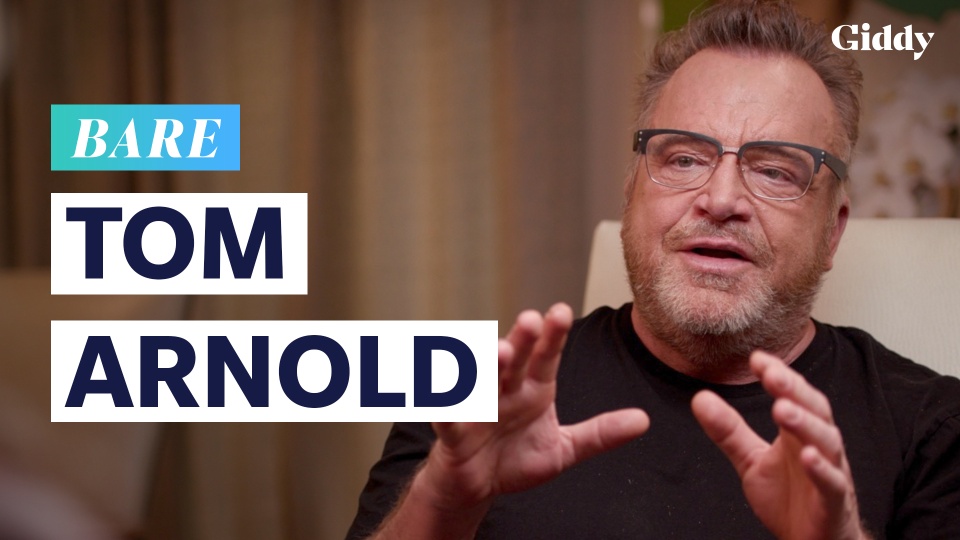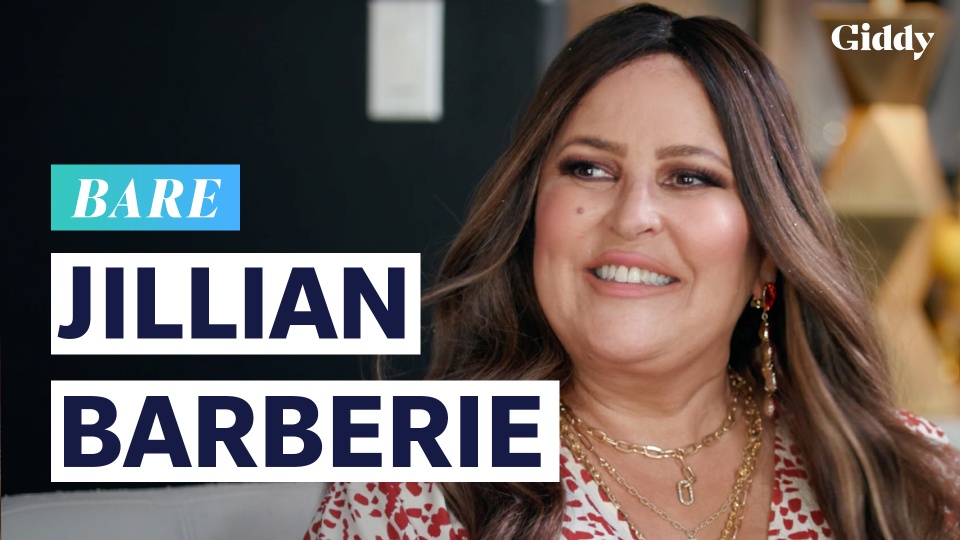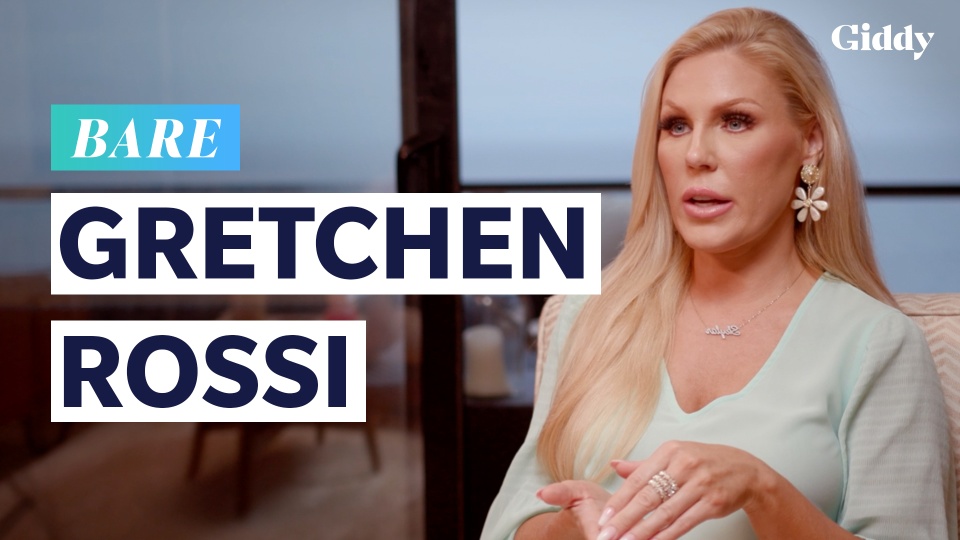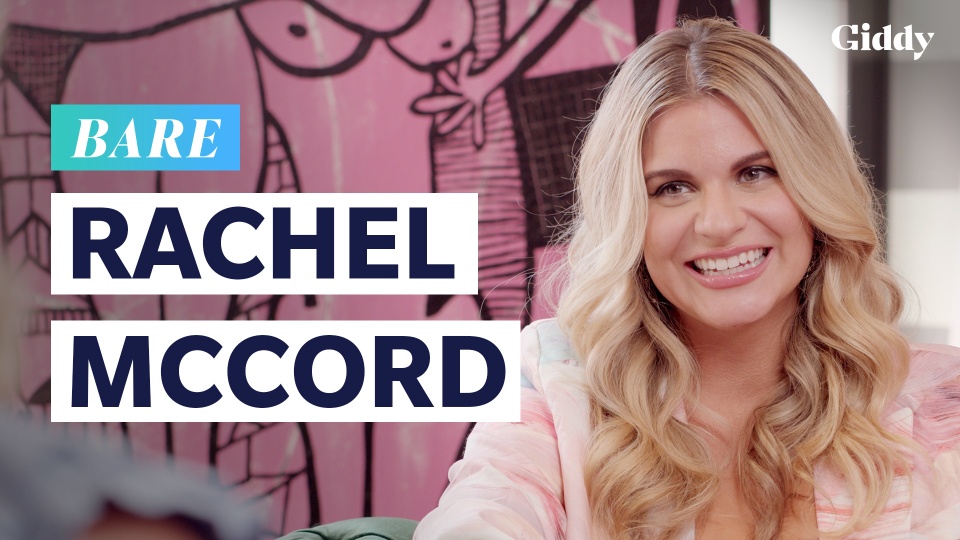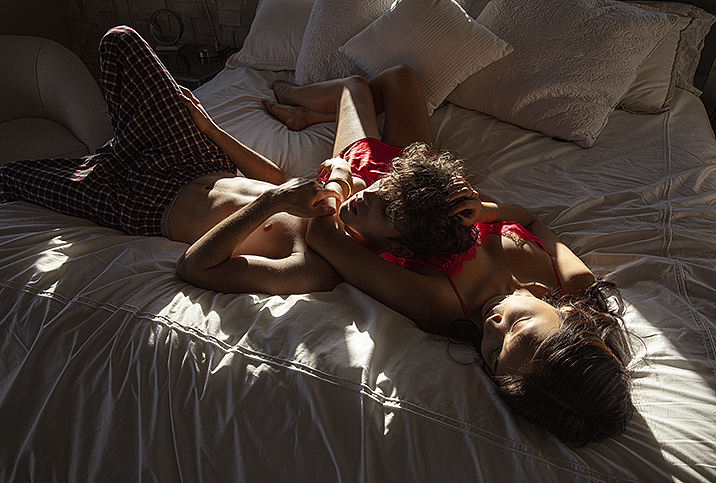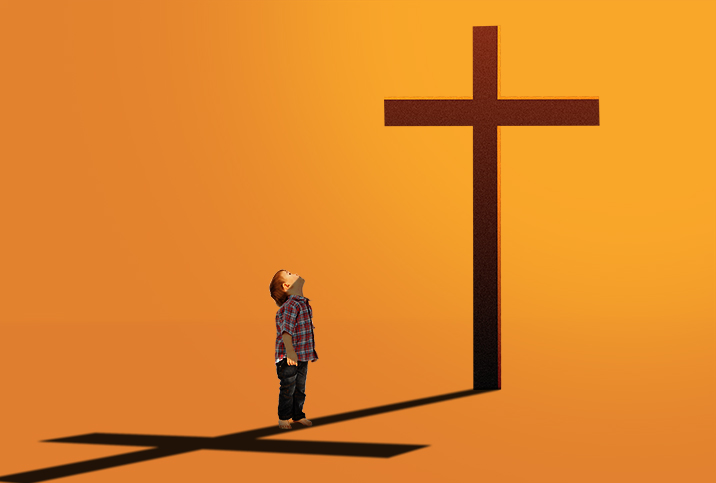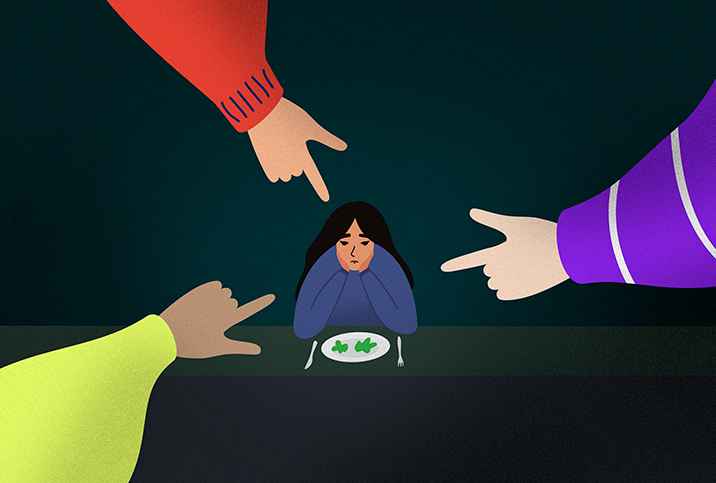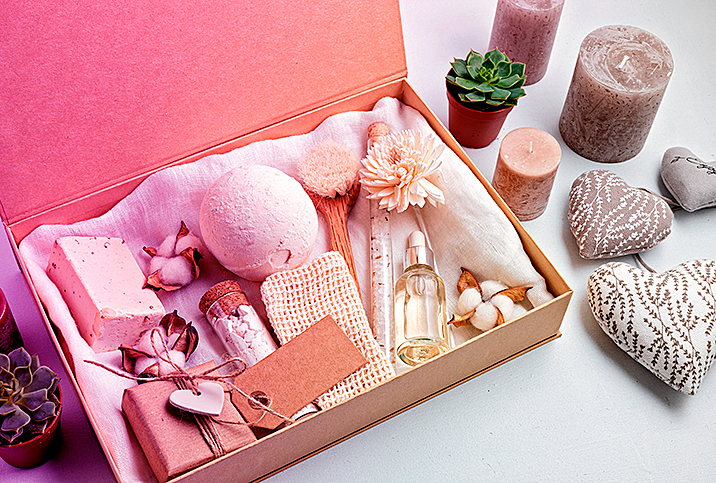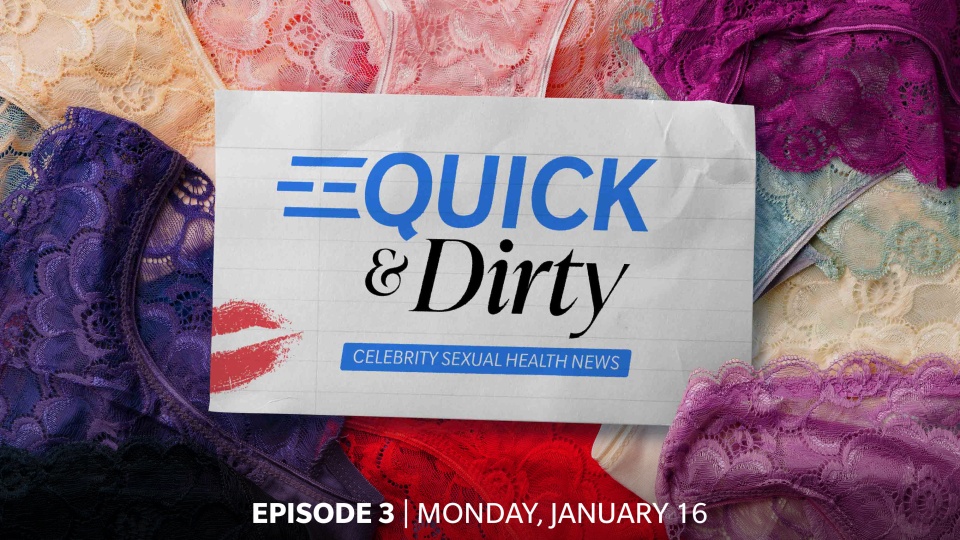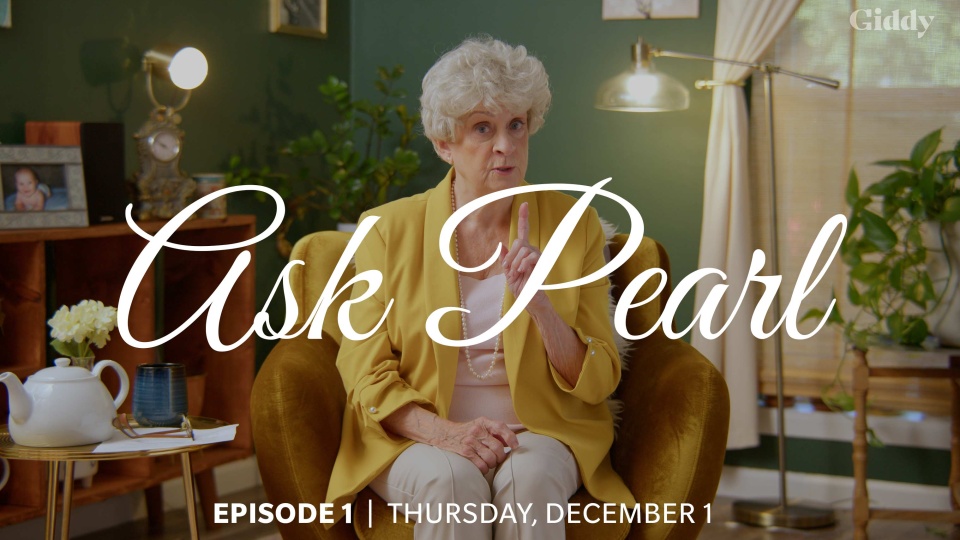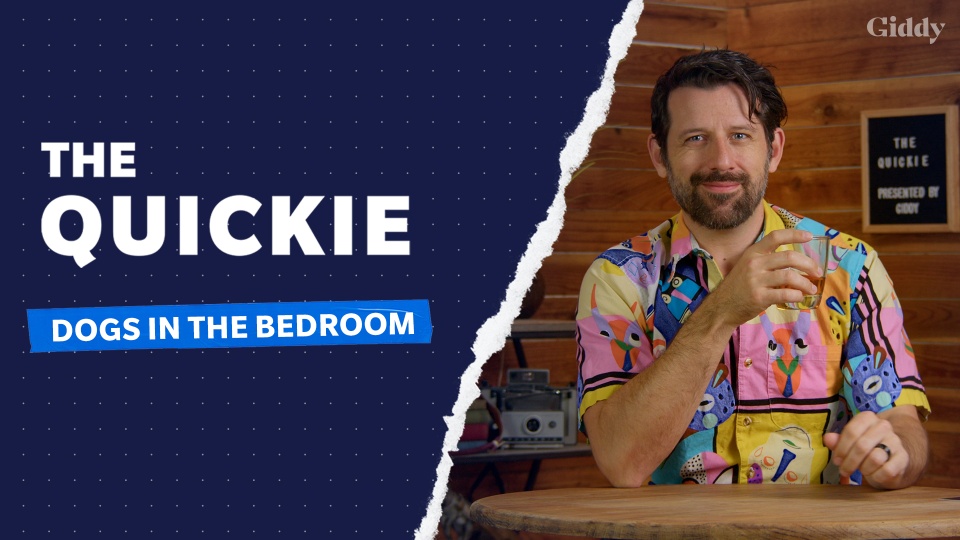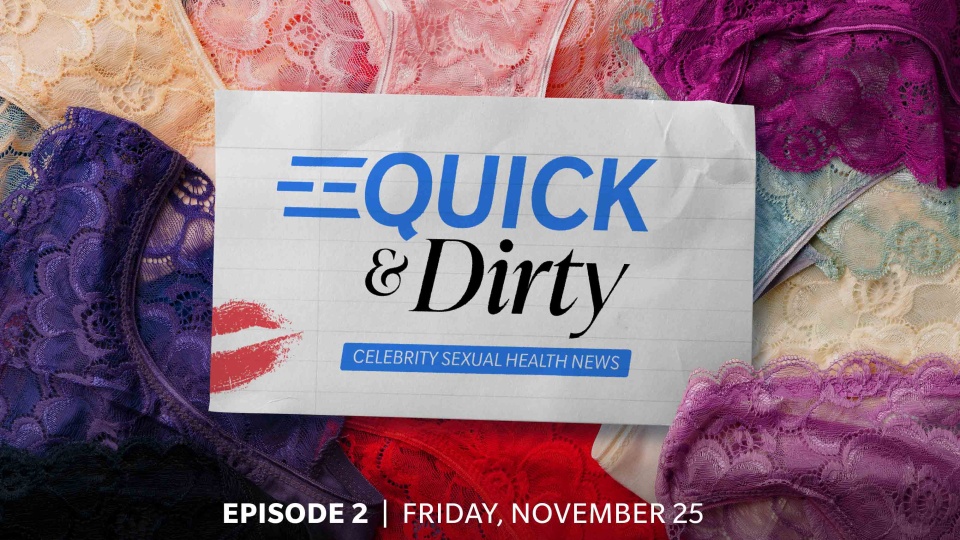Nikki Lund on overcoming an eating disorder and her evolving sexuality
Fashion designer Nikki Lund sat down with Giddy's Marisa Sullivan to discuss the impact of a conservative upbringing on her sexuality, her battle with anorexia, and how she adjusted to life as a new mom.
More about this episode
A Conversation With Nikki Lund
Fashion designer, singer and philanthropist Nikki Lund sat down with Giddy's Marisa Sullivan for a discussion about the impact of a conservative upbringing on her sexuality, her battle with anorexia, and how she adjusted to life as a new mom.
Lund's parents raised her in a conservative Mormon household, which she said impacted her views on sex and sexuality. As a result, she didn't develop her own sexual persona until her mid-20s.
She also experienced extreme bullying as a preteen and teenager. This abuse catalyzed the development of anorexia, and eventually, the eating disorder became so severe that Lund was hospitalized at the age of 15. Today, Lund's eating disorder is in remission.
Even after gaining nearly 80 pounds during her transition into motherhood, Lund has found acceptance about her body—and has even used her fashion expertise to make the most of her experiences, launching a new clothing line in 2017 inspired by her own changing lifestyle. The 10 Essentials line is a collection of reversible, wearable and washable items, all made with the contemporary woman in mind.
Transcript
What did your parents teach you about your body and your sexuality?
My parents are Mormons. We would go to church when we were little. Sex was not a big conversation in our house. But, my mother would have those conversations because she is truly a very evolved, wonderful woman; she’s not just caged in this world of ideology.
But I, as a child, was not very sexual. I was not a very sexualized child. I just wasn’t. I didn’t lose my virginity until I was 24.
You have mentioned your battle with anorexia. How and when did that start?
For years I was an ambassador to an anti-bullying campaign and foundation.
I was bullied in school pretty badly. They would corner me in the bathroom, they would hit me or kick me or call me names. They would call me "fat."
How old were you when this was happening?
Twelve and up. I left school early because of it. My friends were at different schools. I was at Beverly Hills High School and my friends went to Marymount and Crossroads.
The only way that I could control the hurt and the pain that I felt was through not eating.
Did it affect your ability to focus in school?
Well, I had to be hospitalized at 15. I went to UCLA and I got a nutritionist and they made me hold a bagel. I was disgusted by just holding it because it was 48 carbohydrates.
It also wasn't just that—it was about control. It was getting past the only way I knew how to control my environment and feel empowered and in control of myself.
It was hard for my parents and my family to watch me go down to 90 pounds when I'm a 125 to 130 pound woman. I was very malnourished.
The most important thing for people to know is that none of it is real. It doesn’t matter what people say.
Was your anorexia triggered by the bullying and being called "fat"?
I think so. I know enough about bullies to know that bullies are hurting. It's important for people who are being bullied to understand that they are being bullied because the person bullying them is hurting. Someone could be calling them "fat," or maybe it has nothing to do with that; maybe they are being sexually abused or have an abusive parent.
Did that play into you waiting to have sex?
Probably. I do therapy still and I have a life coach. I have had a lot of good friends and good lovers and people that remind me every day that I am important by the way that they treat me.
When do you feel most confident, most in tune with yourself?
Being a mom. Motherhood, for me, has given me a sense of color in my life. I see rainbows and I see colors differently than I used to. Everything is enhanced because of all the stuff that I am doing with him that he sees. I see through his eyes—he is seeing everything for the first time.
Do you feel like it’s a second chance at life because you went through so much in your childhood?
I think that it’s a different chapter in my life.
My style, and how I design clothes, has been significantly changed by becoming a mom. With my son, I gained almost 80 pounds. I designed the 10 Essentials, a clothing line, which is 10 easy pieces that can be designed into a hundred different outfits and styles. They are reversible and wearable.
The whole thing that I put together for that time period felt like, “OK, I'm going to lay in bed and cry all day, or I am going to get up and do something about it.” It wasn't about being overweight. It was about, for the first time in my life, I didn’t know how to dress myself.
Was your weight gain a trigger for your self-image issues and eating disorder?
I was confused and scared that I didn’t know what my future was going to look like. I had to come to a point of acceptance about it.
You built this image of a beautiful pop singer with sexual clothes. Were you worried about having to form a new identity?
I was OK with that if I did have to form a new identity. Curvy women are gorgeous.






